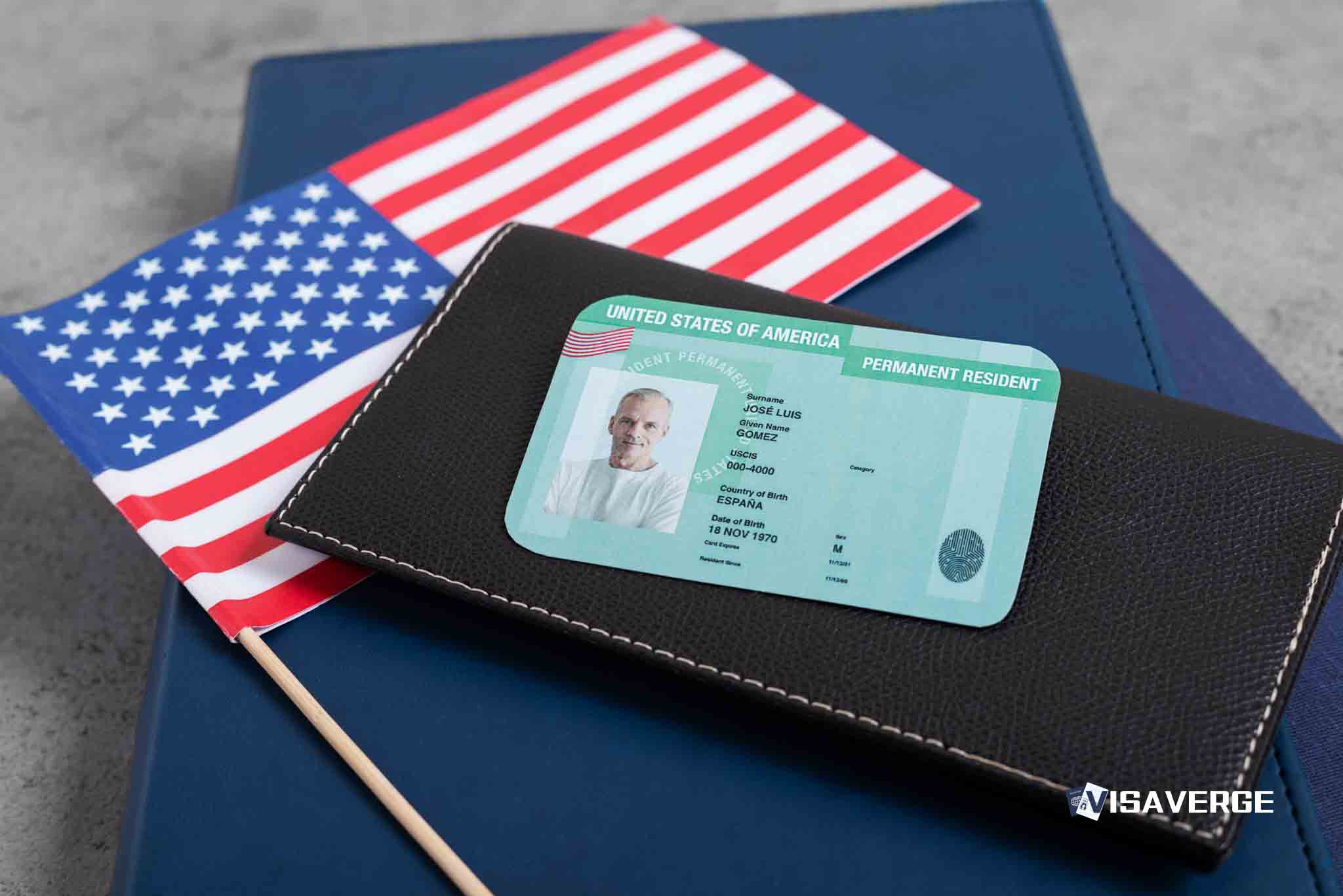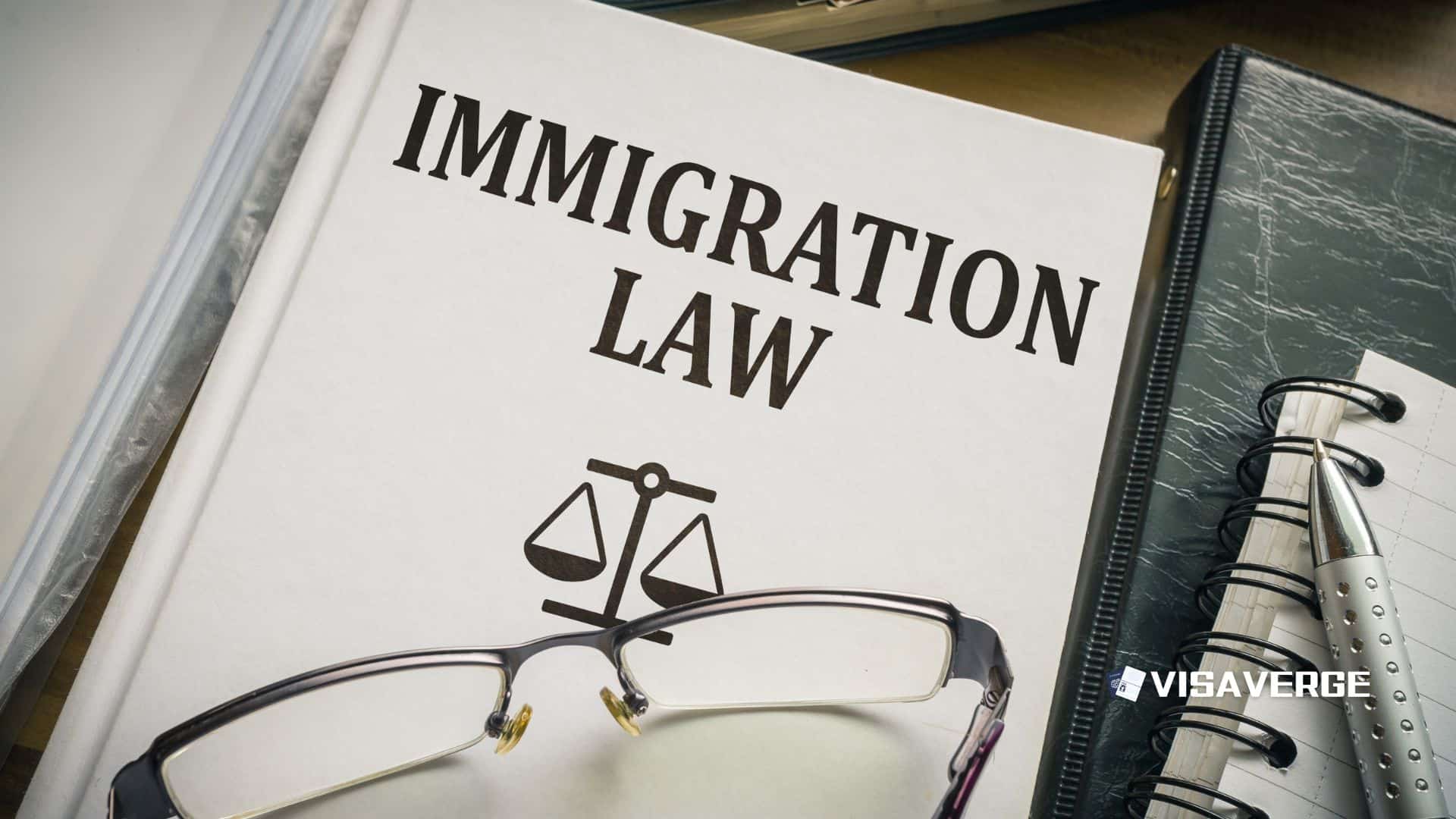Major immigration changes are taking effect across the United Kingdom 🇬🇧, India 🇮🇳, and Saudi Arabia 🇸🇦 in August 2025, impacting visa applicants, students, employers, and foreign workers. The UK Immigration Fee Hikes, India’s Re 1 visas, and Saudi Arabia’s new skill-based work permit system are reshaping how people move, work, and study in these countries. These changes bring both new opportunities and challenges for individuals and organizations worldwide.
UK Immigration Fee Hikes: What’s Changing and Who’s Affected

Starting April 9, 2025, the United Kingdom 🇬🇧 increased most of its visa application fees by about 7% to 10.5%. This move, announced by the UK Home Office, affects nearly all visa categories, including skilled worker visas, visit visas, settlement applications, and naturalisation. The changes are part of a broader effort to adjust for inflation and help fund public services, but they also mean higher costs for anyone planning to move to, visit, or settle in the UK.
Key Fee Increases:
- Skilled Worker Visa:
- Up to 3 years: £769 (up from £719)
- Over 3 years: £1,519 (up from £1,420)
- Visit Visa (up to 6 months): £127 (up from £115)
- Sponsor Licence (medium/large sponsors): £1,579 (up from £1,476)
- Settlement (Indefinite Leave to Remain): £3,029 (up from £2,885)
- Naturalisation: £1,605 (up from £1,500)
These increases mean that families, students, and skilled workers must budget more for their immigration plans. Employers who sponsor foreign workers also face higher costs, which could affect their hiring decisions.
University Tuition Fee Increase:
On August 1, 2025, undergraduate tuition fees in England will rise for the first time since 2017. The new annual fee is £9,535, up from £9,250. This change affects both domestic and international students, including those from India 🇮🇳 who have permanent residency in the UK. The government has also increased maintenance loans to help students manage higher living costs, but many worry that the extra support may not fully cover the increased expenses.
Who Is Most Impacted?
- Visa Applicants: Anyone applying for a UK visa after April 9, 2025, will pay more, whether they are coming for work, study, or family reasons.
- International Students: Students must plan for higher tuition and living costs, even with increased loans.
- Employers and Sponsors: Businesses sponsoring skilled workers will pay more for sponsor licences and visa fees, possibly affecting their ability to attract global talent.
Official Guidance and Resources:
Applicants can find the latest fee schedules and application forms on the UK government’s official visa and immigration page.
Reactions and Concerns:
Education Secretary Bridget Phillipson explained that the tuition fee increase was necessary to maintain the quality of education and support universities. However, many students and families are concerned about affordability. Employers, especially in sectors that rely on international talent, worry that higher fees could make the UK less attractive.
A spokesperson for a leading UK university said, “We understand the need for sustainable funding, but we hope the government will continue to support students from all backgrounds.” According to analysis by VisaVerge.com, these fee hikes could lead some applicants to consider other countries with lower costs or more generous support.
Practical Tips for UK Visa Applicants and Students:
- Budget Carefully: Check the latest fees before applying and plan for all costs, including health surcharges and living expenses.
- Use Official Forms: Always download visa application forms directly from the UK government website to ensure you have the most up-to-date version.
- Seek Support: If you’re a student, ask your university about scholarships, bursaries, or additional support that may help offset higher fees.
- Employers: Review your sponsorship budgets and consider how fee increases may affect your recruitment plans.
India’s Re 1 Visa Initiative: A Bold Move to Boost Tourism and Business
In August 2025, India 🇮🇳 launched a unique “Re 1 visa” sale, offering certain visa categories at the symbolic price of just ₹1 (about 1.2 pence or 1.3 US cents). This initiative is designed to attract more international visitors, boost tourism, and encourage business travel after the challenges of the COVID-19 pandemic.
What Is the Re 1 Visa?
- Eligibility: The scheme targets international travelers, but the exact categories and eligibility criteria are being promoted by Indian immigration authorities and tourism bodies.
- Duration: The offer is available for a limited period in August 2025.
- Purpose: By making visas almost free, India hopes to increase the number of visitors, support the tourism industry, and strengthen global business ties.
How to Apply:
Travelers interested in the Re 1 visa should check the Indian Ministry of External Affairs for the latest updates, eligibility requirements, and application procedures. The process is expected to be straightforward, but applicants should ensure they meet all conditions before applying.
Why Is India Offering Re 1 Visas?
India’s tourism sector was hit hard by the pandemic, with millions of jobs affected and many businesses struggling. By lowering the cost barrier, the government aims to:
- Encourage More Visitors: Make it easier and cheaper for tourists to choose India as a destination.
- Support Economic Recovery: Help hotels, airlines, and local businesses recover by increasing demand.
- Promote Business Travel: Attract international investors and businesspeople by reducing visa costs.
A senior official from India’s tourism ministry said, “This is a once-in-a-lifetime opportunity for travelers to experience India at almost no visa cost. We want the world to rediscover India’s beauty, culture, and business potential.”
Potential Impact and Considerations:
- Tourism Sector: Hotels, tour operators, and local businesses could see a surge in bookings.
- International Travelers: Lower costs may encourage more people to visit India, especially from countries where visa fees were previously a barrier.
- Long-Term Effects: If successful, the Re 1 visa could inspire similar initiatives in other countries.
However, some experts warn that a sudden increase in visitors could strain infrastructure and public services if not managed carefully. It’s also important for travelers to check if other requirements, such as health or security checks, still apply.
Tips for Travelers:
- Apply Early: The Re 1 visa is available for a limited time, so apply as soon as possible.
- Check Requirements: Make sure you meet all eligibility criteria and have the necessary documents.
- Plan Your Trip: With lower visa costs, consider exploring more regions or staying longer to make the most of your visit.
Saudi Arabia’s New Skill-Based Work Permit System: Raising the Bar for Foreign Workers
Saudi Arabia 🇸🇦 has introduced a major change to its work permit system, moving to a mandatory skill-based classification for all long-term foreign workers. This new system, which started for existing workers on July 5, 2025, and for new hires on August 3, 2025, aims to align the country’s workforce with its Vision 2030 economic goals.
How the New System Works:
Foreign workers are now classified into three skill tiers:
- High-Skilled
- Skilled (Medium Skill)
- Basic Skill
Classification is based on:
- Education: Level of formal qualifications.
- Work Experience: Years and type of relevant experience.
- Technical/Vocational Skills: Certifications or special training.
- Wage Level: Higher wages often indicate higher skill.
- Age: For the basic skill category, there’s an age limit of 60 years.
- Professional Accreditation: Workers may need to pass the Qualification Verification Program or Skills Verification Program.
- Points-Based Scoring: Especially for the high-skilled category.
What Employers Must Do:
- Classify Employees: Use the Qiwa platform to assign the correct skill level to each foreign worker.
- Review Contracts: Make sure job titles, descriptions, and qualifications match the new requirements.
- Support Employees: Workers can request reclassification if they believe their skills are not accurately reflected.
Why Is Saudi Arabia Making This Change?
The new system supports several key goals:
- Improve Workforce Quality: Attract and retain highly skilled workers.
- Support Saudization: Increase employment opportunities for Saudi nationals.
- Better Labor Market Planning: Use data to match skills with economic needs.
- Align with Vision 2030: Help Saudi Arabia diversify its economy and reduce reliance on oil.
A spokesperson from the Ministry of Human Resources and Social Development said, “This system will help us build a stronger, more competitive workforce and ensure that foreign workers have the right skills for our growing economy.”
Uncertainties and Open Questions:
- Visa Fees: It’s not yet clear if the new classification will change visa fees, rights, or processing times.
- Operational Details: Employers and workers are waiting for more guidance on how the system will work in practice.
Advice for Employers and Workers:
- Stay Informed: Monitor updates from the Saudi Ministry of Human Resources and Social Development for the latest rules and procedures.
- Check Qualifications: Make sure all documents and certifications are up to date and meet Saudi requirements.
- Plan Ahead: Review your workforce and prepare for possible changes in job roles or visa renewals.
Case Study: How the New System Affects a Construction Company
A large construction firm in Riyadh employs workers from several countries. Under the new system, the company must review each employee’s qualifications and assign them to the correct skill tier. Some workers may need to take additional training or certification tests to qualify for higher-skilled roles. The company’s HR manager said, “We’re working closely with our staff to make sure everyone understands the new requirements and has the support they need.”
Comparing the Three Changes: What Do They Mean for Global Mobility?
These immigration changes in the United Kingdom 🇬🇧, India 🇮🇳, and Saudi Arabia 🇸🇦 show how countries are adapting their policies to meet new economic and social needs. Each country’s approach reflects different priorities and challenges.
UK Immigration Fee Hikes:
- Goal: Raise revenue and cover public service costs.
- Impact: Higher costs for applicants, students, and employers. May reduce the number of people choosing the UK for work or study.
India’s Re 1 Visas:
- Goal: Boost tourism and business travel.
- Impact: Lower costs for visitors, potential surge in tourism, and economic benefits for local businesses.
Saudi Work Permit Changes:
- Goal: Improve workforce quality and support national employment.
- Impact: More focus on skills and qualifications, possible changes in who can work in Saudi Arabia and under what conditions.
What Should Stakeholders Do Now?
- Applicants and Students: Check official websites for the latest information, fees, and forms. Plan your finances and gather all required documents before applying.
- Employers: Review your workforce, update contracts, and ensure compliance with new rules. Consider how fee increases or new skill requirements may affect your hiring plans.
- Travelers: Take advantage of special offers like India’s Re 1 visa, but be sure to meet all requirements and deadlines.
- Workers in Saudi Arabia: Talk to your employer about your skill classification and what steps you may need to take.
Expert Outlook:
Analysis from VisaVerge.com suggests that while the UK Immigration Fee Hikes may discourage some applicants, countries like India are using creative strategies to attract more visitors. Saudi Arabia’s focus on skills could make it a more attractive destination for highly qualified professionals, but may limit opportunities for lower-skilled workers.
Frequently Asked Questions
Q: Will the UK Immigration Fee Hikes affect all visa types?
A: Most visa categories are affected, including skilled worker, visit, settlement, and naturalisation visas. Always check the official UK Home Office fee page for the latest details.
Q: Who can apply for India’s Re 1 visa?
A: The scheme targets international travelers, but eligibility details are being promoted by Indian authorities. Check the Indian Ministry of External Affairs for updates.
Q: How does the Saudi work permit classification affect existing workers?
A: All existing foreign workers must be reclassified by their employers using the Qiwa platform. Workers can request a review if they believe their skills are not accurately reflected.
Q: Will Saudi Arabia’s new system change visa fees or processing times?
A: As of now, there is no official announcement on changes to fees or processing times, but further guidance is expected.
Summary Table of Key Changes
| Country/Area | Change | Effective Date | Details | Impacted Parties |
|---|---|---|---|---|
| UK | Visa fee increase (7-10.5%) | April 9, 2025 | Skilled Worker visa up 7%, visit visas up 10.5%, sponsor fees up | Visa applicants, employers, sponsors |
| UK | Tuition fee hike | August 1, 2025 | Undergraduate fees rise to £9,535/year, maintenance loans increased | Students, universities |
| India | Re 1 visa sale | August 2025 | Nominal fee visa to boost travel | International travelers, tourism sector |
| Saudi Arabia | Skill-based work permit system | July 5 (existing), August 3 (new hires), 2025 | Three-tier classification by skill, education, wage, age | Employers, foreign workers |
Final Thoughts and Next Steps
The immigration landscape is always changing, and the UK Immigration Fee Hikes, India’s Re 1 visas, and Saudi Arabia’s new work permit rules show how governments are responding to new challenges and opportunities. Whether you’re planning to study, work, or travel, it’s important to stay informed, plan ahead, and use official resources to guide your decisions.
Actionable Steps:
- Monitor Official Updates: Immigration rules can change quickly. Always check government websites for the latest information.
- Prepare Documents Early: Gather all necessary paperwork, including proof of qualifications, work experience, and financial resources.
- Seek Professional Advice: If you’re unsure about your eligibility or the application process, consult a qualified immigration advisor or lawyer.
- Budget for Higher Costs: In the UK, factor in increased visa and tuition fees. In Saudi Arabia, consider possible costs for skill verification or training.
- Take Advantage of Opportunities: If you qualify for India’s Re 1 visa, apply early to benefit from this limited-time offer.
By understanding these changes and preparing accordingly, individuals and organizations can make the most of new opportunities while avoiding common pitfalls. Immigration remains a complex but rewarding journey, and staying informed is the best way to succeed in 2025 and beyond.
This Article in a Nutshell













